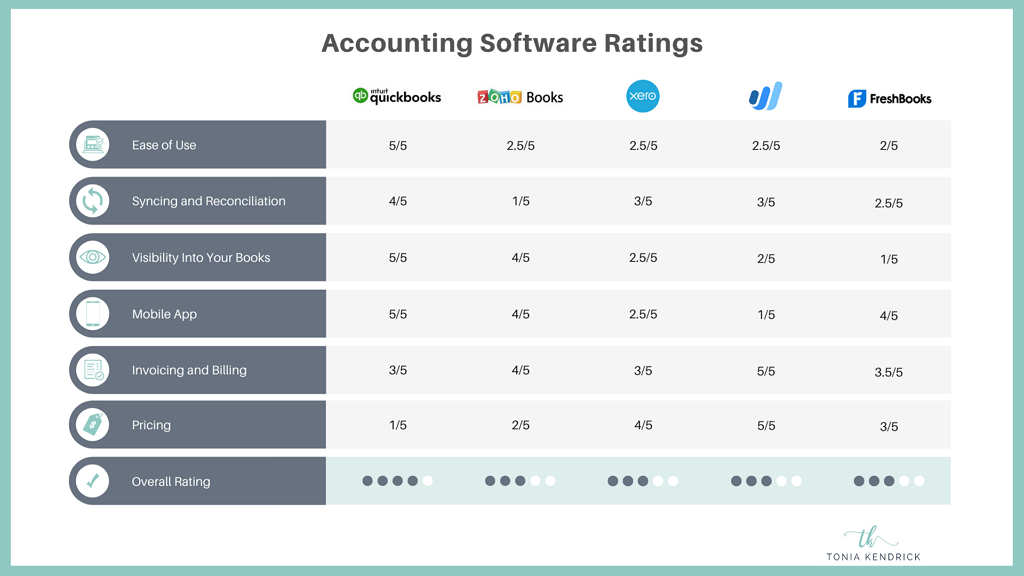Title: Secure Your Future: Retirement Planning Tips for Personal Finance
Introduction:
Retirement planning is essential for ensuring a comfortable future. It allows individuals to prepare for the day when they no longer have the ability to work and earn a steady income. Unfortunately, many people neglect this crucial aspect of personal finance until it’s too late. In this blog post, we’ll provide tips and strategies for securing your future through effective retirement planning.
Retirement Goals:
The first step in retirement planning is to set realistic goals. This involves considering factors such as the standard of living you wish to maintain in retirement, your expected lifespan, and the age at which you plan to retire. By setting clear goals, you can determine the amount of money you’ll need to save and invest to achieve them.
Invest for Long-term:
Investing is one of the most effective ways to save for retirement. The key is to invest for the long-term, rather than trying to make quick profits. This involves diversifying your investments across different asset classes, such as stocks, bonds, and real estate. Additionally, consider investing in low-cost index funds or ETFs to minimize fees and maximize returns.
Take Advantage of Tax-advantaged Accounts:
Tax-advantaged accounts such as 401(k)s, IRAs, and Roth IRAs can offer significant tax benefits to help you save for retirement. Contributions to these types of accounts may be tax-deductible, grow tax-free, or tax-exempt when withdrawn. Be sure to understand the rules and limitations of each type of account to determine which is best suited to your retirement goals.
Reduce Debt:
Paying down debt is essential for achieving financial freedom and peace of mind in retirement. High-interest debt such as credit card balances and personal loans can eat into your retirement savings and delay your retirement timeline. Focus on paying off high-interest debt as soon as possible, and consider working with a financial advisor to develop a debt reduction plan.
Plan for Healthcare Costs:
One of the biggest expenses in retirement is healthcare. Ensure you have a plan for covering healthcare costs, such as obtaining quality health insurance or enrolling in Medicare. Consider factoring in potential long-term care needs and researching options like long-term care insurance or Medicaid planning.
Conclusion:
Retirement planning is an essential component of personal finance. By setting clear retirement goals, investing for the long-term, taking advantage of tax-advantaged accounts, reducing debt, and planning for healthcare costs, you can secure a comfortable retirement and peace of mind for the future. Start planning today to reap the benefits of a secure retirement.











